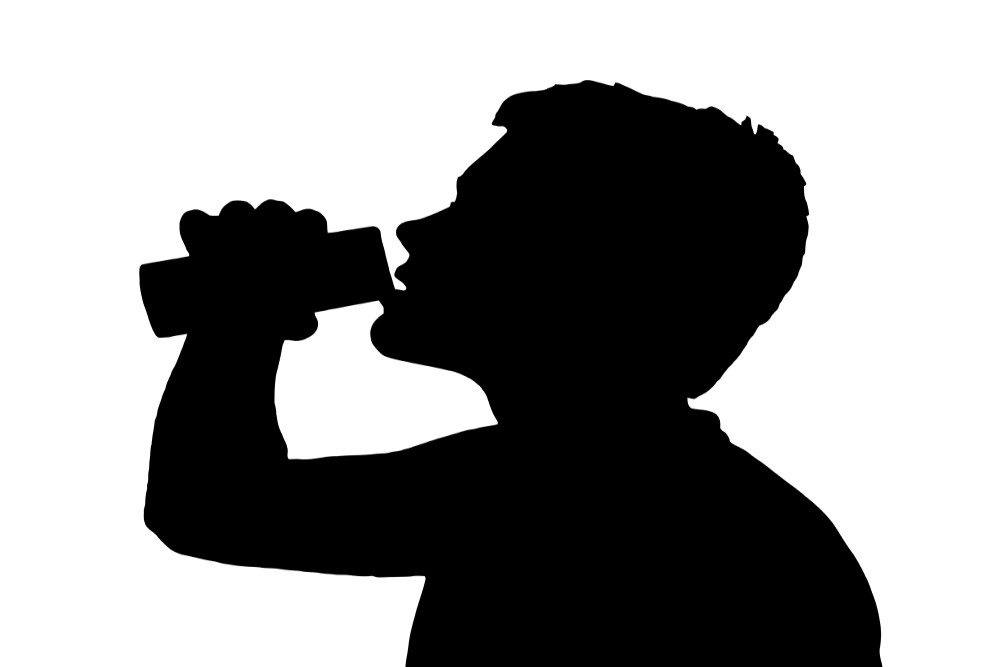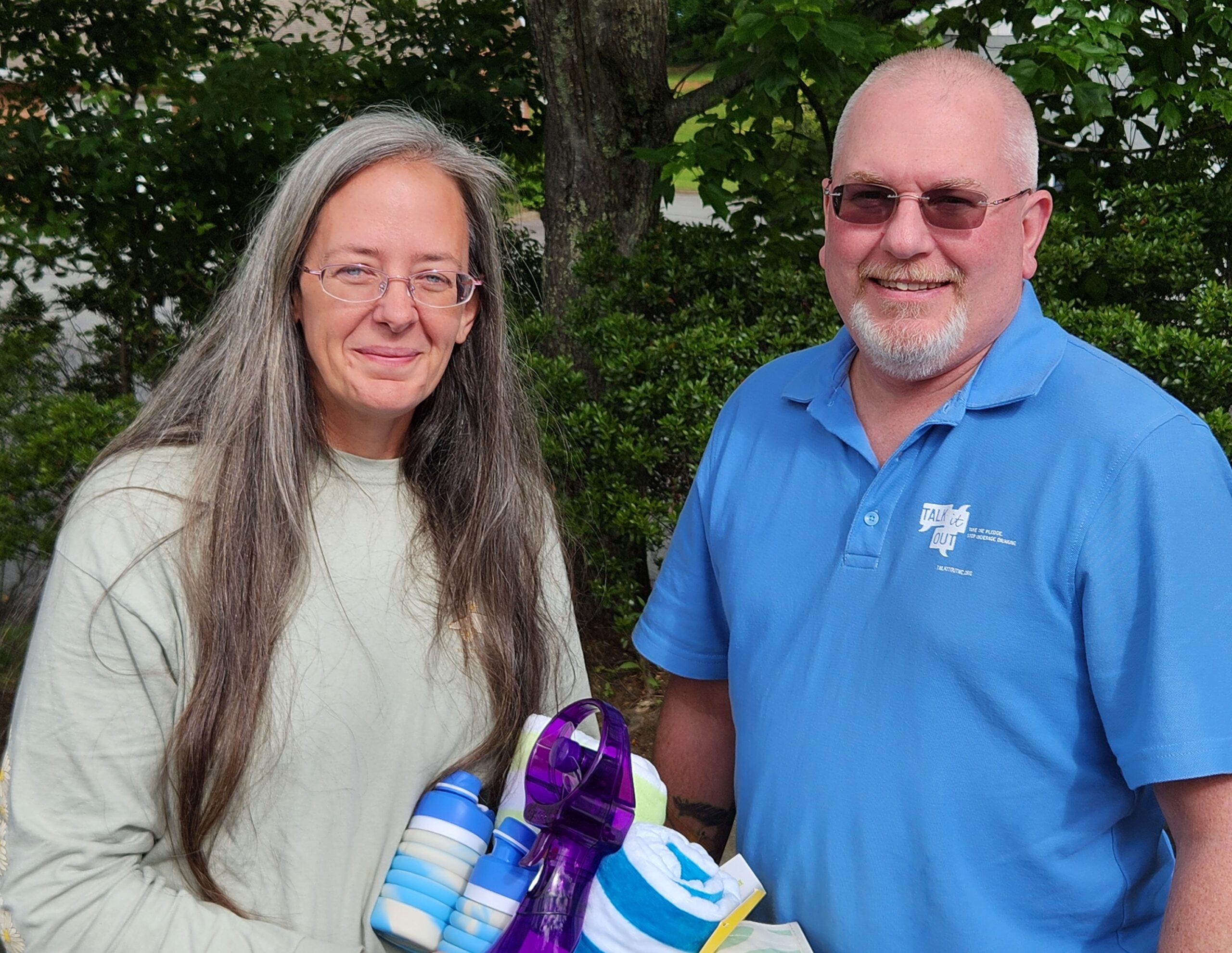Alcohol Misuse in Young Adults: 5 Signs To Recognize

Being a young person in 2024 isn’t easy. There are things to worry about seemingly around every corner, from the job market to social media, and pressure to indulge in easy escapes like drugs and alcohol without consideration of the consequences. While statistics show that alcohol misuse among teens is on the decline, alcohol abuse in young adults is still a real problem. Keep reading to learn what to do if you think a young friend or family member is misusing alcohol.
How common is alcohol abuse in young adults?
Before we answer that question, it’s important to take a quick look at some terminology. In the past, it was common to use the description “alcohol abuse” when describing chronic drinking. Today, however, we understand that certain words can stigmatize people who have substance use disorders or make them feel uncomfortable and less likely to seek treatment. Instead of talking about alcohol abuse in young adults, it’s better to say that alcohol misuse in young adults is an issue. And rather than discussing young adult alcoholism, it’s more productive to say that some young adults struggle with substance use disorders or SUDs.
So, how common is the issue? The truth is that underage drinking has decreased in recent years, but according to the 2022 National Survey on Drug Use and Health, 5.8 million young people aged 12-20 reported having more than “just a few sips” of alcohol in the last month, 3.2 million reported binge drinking in the past month, and 646,000 reported heavy alcohol use.
When teens do drink alcohol, they often consume dangerous levels of it. That’s because the effects of alcohol on the teenage brain make young people more likely than adults to binge drink. Binge drinking is consuming a large amount of alcohol in a short amount of time — typically four drinks for women and five drinks for men within a two-hour period — and it can lead to alcohol poisoning, blackouts, and other negative outcomes.
What are the signs of alcohol misuse in young adults?
The signs can be difficult to spot, but if you suspect a teen you care about is misusing alcohol, here are some indicators to watch for:
- Behavioral Changes: Is the teen displaying sudden mood swings or getting irritated over seemingly small matters? Are they engaging in frequent risky behavior, like driving while intoxicated or instigating fights?
- Physical Symptoms: Have you noticed unexplained bruises on the teen, or do they have bloodshot eyes, slurred speech, or poor coordination? Have they experienced hangovers, blackouts, or memory loss after drinking?
- Poor Hygiene: Has a normally well-groomed young person in your life stopped caring about their appearance? Do they forget to brush their teeth or neglect other daily personal hygiene?
- Withdrawal: Is the person ignoring their family and old friends to hang out with a crowd known for drinking alcohol? Or are they isolating and insisting on spending time away from everyone?
- School or Work Problems: Have you seen a decline in their academic performance, frequent tardiness or absence from school or work, and a disregard for responsibilities?
If you suspect a friend or family member is misusing alcohol, it can be difficult to know what to do. They may be in denial about their relationship with alcohol and unwilling to face the truth.
What if I think someone has a problem?
If you think a friend or loved one is misusing alcohol, it’s important to approach the situation with care and empathy. These suggestions may help:
- Educate Yourself: You’re taking a great first step by reading this blog. As you learn more about underage drinking and the effects of alcohol misuse, you’ll have a better idea of how to support your friend or family member.
- Talk with Them: Pick a time when you know the young person will be sober and a place where you can have a calm, private conversation. Without judgment, express your concerns for their well-being.
- Be an Active Listener: Let them share their perspective and listen closely — without interrupting what they have to say.
- Offer Support: Rather than being confrontational or issuing ultimatums, let them know you want to help. Suggest resources they can explore, like local support groups or therapists specializing in prevention work. Specifically, the Alcohol/Drug Council of North Carolina is a terrific resource that can put you in touch with SUD specialists in your area. Calling 988 is another great option for anyone struggling with alcohol misuse.
- Practice Self-Care: Providing support to someone who’s misusing alcohol can be exhausting. As much as you want to help, you have to set boundaries and take care of yourself as well. Create your own support team to help you stay strong and safe.
Talk it Out NC Can Help!
Alcohol misuse among young people is a real problem, but early intervention can prevent more serious issues from developing. By recognizing the signs and knowing how to respond, you can play a vital role in helping your friend or family member get back on a healthy path.
Fortunately, you’re not alone in this! Talk it Out NC has alcohol education resources, links to support groups and therapists in your area, talking points to help you Start the Conversation, and much more. Check us out today!



